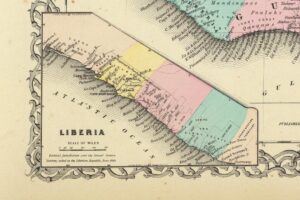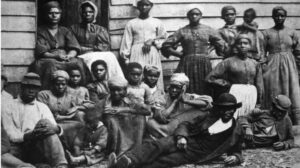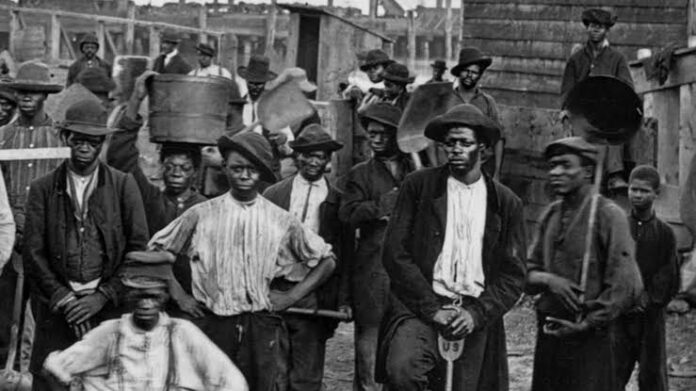In the annals of history, the founding of Liberia stands as a testament to the resilience, determination, and quest for freedom of the African American community in the 19th century. Established by freed African American slaves, Liberia emerged as an independent nation, carving out its destiny in the face of adversity and oppression.
The Backdrop of Slavery and Emancipation
The founding of Liberia finds its roots in the grim era of slavery, where millions of Africans were forcibly uprooted from their homeland and subjected to unimaginable suffering and exploitation in the Americas. Among those enslaved were individuals of African descent who, against all odds, yearned for liberation and justice.
The Formation of the American Colonization Society (ACS)
Amidst the fervor for abolition and emancipation in the early 19th century, the American Colonization Society (ACS) emerged as a prominent organization dedicated to the resettlement of freed African American slaves. Founded in 1816, the ACS aimed to establish colonies in Africa where freed slaves could find refuge and build new lives away from the shackles of slavery.
The Journey to Freedom: Settlement of Monrovia
In pursuit of this vision, the ACS acquired land on the west coast of Africa, laying the foundation for the establishment of Liberia. The first group of settlers, comprising freed slaves and freeborn African Americans, set sail for Africa in 1820. Led by Jehudi Ashmun, they landed on the shores of present-day Liberia and established the settlement of Christopolis, later renamed Monrovia in honor of U.S. President James Monroe.
Also, read; US to Withdraw Troops from Niger Amid Shifting Dynamics
Challenges and Triumphs of Nation-Building
The fledgling colony faced numerous challenges, including disease, hostile indigenous tribes, and limited resources. However, through perseverance and resilience, the settlers forged ahead, clearing land, building infrastructure, and establishing a fledgling democracy based on principles of freedom and equality.
Declaration of Independence and the Birth of a Nation
On July 26, 1847, Liberia declared its independence, becoming the first republic in Africa. The nation adopted a constitution modeled after that of the United States, establishing a government with three branches—executive, legislative, and judicial. Joseph Jenkins Roberts, a prominent African American settler, served as Liberia’s first president, marking a historic moment in the quest for self-determination and sovereignty.
Legacy and Impact
The founding of Liberia represents a pivotal chapter in the history of the African diaspora, symbolizing the triumph of freedom over oppression and the resilience of a people determined to forge their destiny. Despite facing numerous challenges and setbacks, Liberia continues to stand as a beacon of hope and inspiration, reminding the world of the enduring quest for liberty and justice for all.
Conclusion
In conclusion, the founding of Liberia stands as a testament to the indomitable spirit of the African American community and their unwavering commitment to freedom and self-determination. From humble beginnings, Liberia has emerged as a sovereign nation, embodying the ideals of liberty, equality, and justice for all. As we reflect on this historic journey, let us honor the courage and sacrifice of those who paved the way for Liberia’s independence and celebrate the enduring legacy of freedom that continues to inspire generations around the world.

